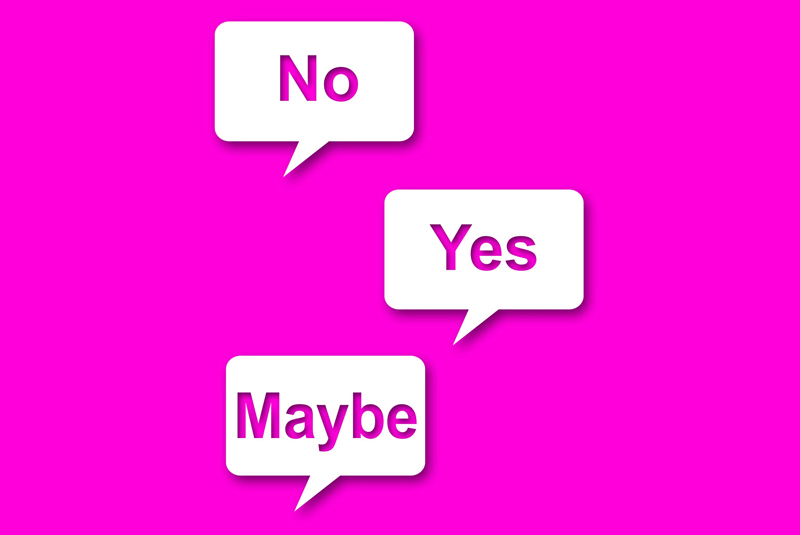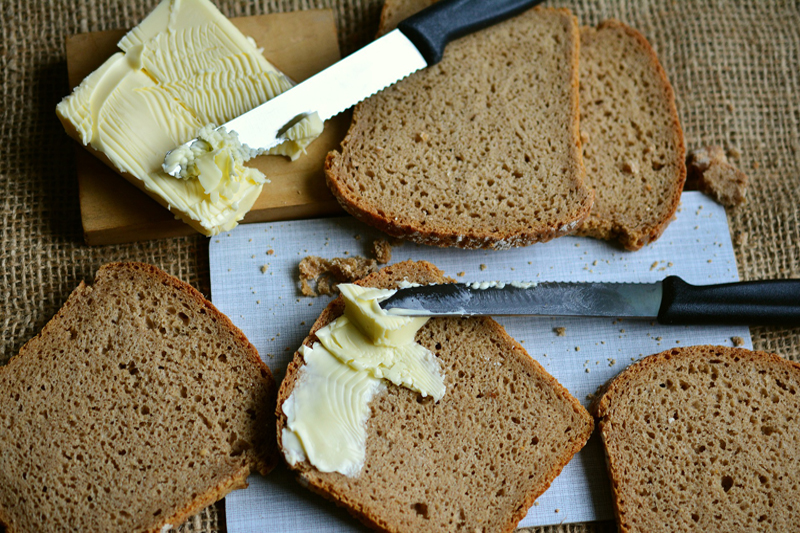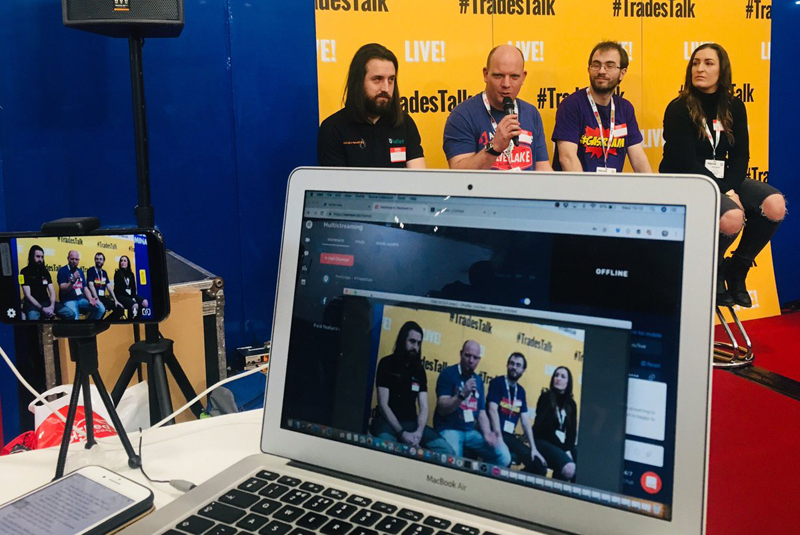
The English language is dead. Stuart Duff mourns its passing.
In the true spirit of Shakespearean tragedy, it has been stabbed in the back by one of its oldest friends. To borrow from Bill himself, it has shuffled off this mortal coil. Of course, you won’t be able to quote The Bard from here on in because the English language is dead but you get the idea.
The perpetrator of this terrible crime is Oxford Dictionaries, and according to oxforddictionaries.com, “language matters”. Please don’t forget that… language matters.
In recent times, the Word of the Year title (as announced by Oxford Dictionaries) has been awarded to such linguistic luminaries as “vape”, “selfie” and “omnishambles”. It’s a mixed bag but they do have one thing in common – they are all words. The 2015 winner is a completely different kettle of fish.
Truth be told, it may as well be a literal kettle of fish for all that it has anything to do with words. It’s an emoji officially called “Face with Tears of Joy”. You know the one, a little laughing yellow face with a disproportionately large tear emanating from each eye. It’s a picture. A picture. THE WORD OF THE YEAR IS A PICTURE.
Sorry for shouting. Remember, though, language matters. So much so that the good people at Oxford Dictionaries have helpfully explained the origins of the word “emoji”. It comes from Japanese and is broken down as ‘e’ (picture) and ‘moji’ (character). Picture character. And it doesn’t matter how you try to dress it up, picture plus character does not equal word. And if “Face with Tears of Joy” is not a word, it cannot be Word of the Year. It’s the equivalent of saying that the World Footballer of the Year is a child’s poorly executed sketch of Cristiano Ronaldo.
As you might expect given that we write for a living, we’re a bit sensitive about this subject – and it’s got us wondering about how far you can stretch the point. Instead of actually doing any work, perhaps you could draw a picture of what a job might look like when it’s finished. Instead of paying you with genuine currency, maybe your customers could give you a finger painting of the Queen with some numbers scrawled at the top.
Sometimes you have to know when you’re beaten, and if Oxford Dictionaries has given up then maybe so should we. It’s been a pleasure grouping together random assortments of letters for all these years. Parting is such sweet sorrow.













